News
-
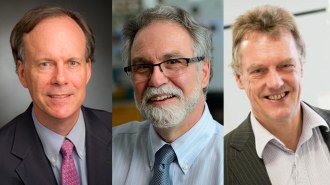 Health & Medicine
Health & MedicineDiscovery of how cells sense oxygen wins the 2019 medicine Nobel
Understanding the molecular switch that lets cells cope with oxygen has implications for everything from metabolism to wound healing.
-
 Climate
ClimateIn a climate crisis, is geoengineering worth the risks?
Some scientists say the world needs to reconsider some human-made ideas to cool the climate as dire warnings about the looming crisis ramp up.
-
 Health & Medicine
Health & MedicineThe U.S. narrowly eked out a measles win, keeping elimination status
The risk of measles, while low in the United States, still remains due to undervaccinated areas and international travelers importing the virus.
-
 Space
SpaceWhy just being in the habitable zone doesn’t make exoplanets livable
A reignited debate over whether a new planet is habitable highlights the difficult science of seeking alien life.
-
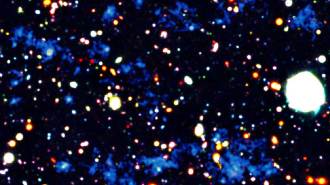 Space
SpaceA new image reveals the structure of the cosmic web
Newly spotted tendrils of gas within a forming cluster of galaxies support scientists’ theory of the cosmos.
-
 Neuroscience
NeuroscienceDueling brain waves during sleep may decide whether rats remember or forget
In a slumbering rat, two distinct kinds of brain waves have opposite jobs.
-
 Health & Medicine
Health & MedicineMen with breast cancer have lower survival rates than women
Men with breast cancer don’t fare as well as women. To expand treatment options, the U.S. FDA is encouraging drug companies to include men in studies.
-
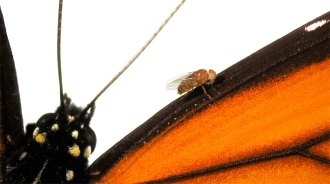 Life
LifeGene editing can make fruit flies into ‘monarch flies’
Just three molecular changes can make fruit flies insensitive to milkweed toxins.
-
 Genetics
GeneticsDog behaviors like aggression and fearfulness are linked to breed genetics
A study looking at how 101 dog breeds behave finds a strong association between genetics and 14 personality traits.
-
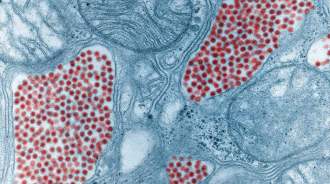 Health & Medicine
Health & MedicineRare eastern equine encephalitis has killed 9 people in the U.S. in 2019
2019 is the worst eastern equine encephalitis outbreak since tracking began in 2003, with 31 cases and nine deaths from the brain infection so far.
By Sofie Bates -
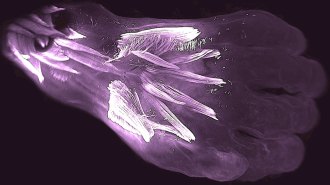 Humans
HumansHuman embryos have extra hand muscles found in lizards but not most adults
In developing human embryos, muscles are made, then lost, in a pattern that mirrors the appearance of the structures during evolution.
-
 Earth
EarthHurricane Lorenzo hit Category 5 farther east than any other storm
Lorenzo reached category 5 status on September 28, making it the northern-most and eastern-most category 5 hurricane ever recorded in the Atlantic.
By Sofie Bates